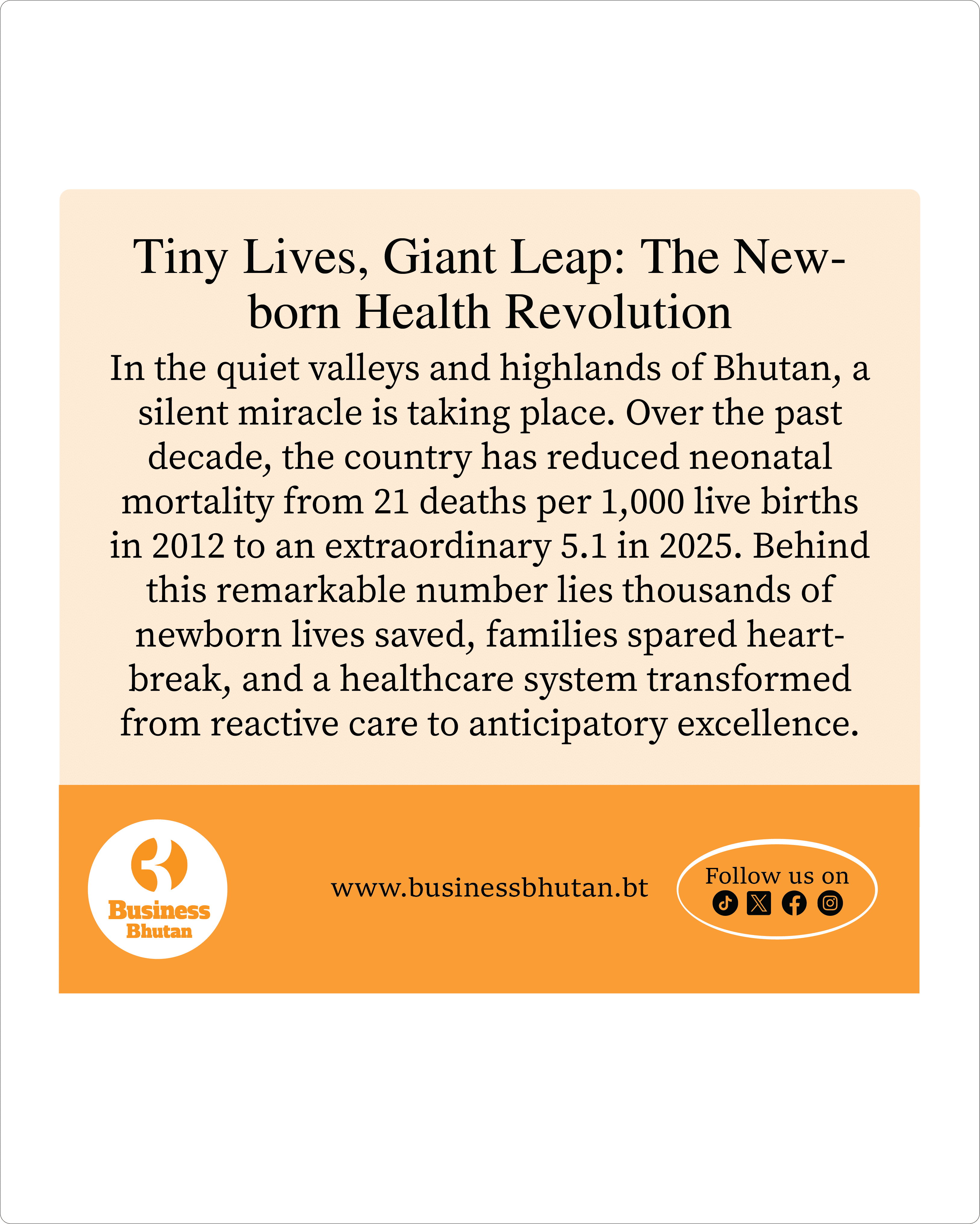To tackle the persistent issue of overcrowding at Jigme Dorji Wangchuck National Referral Hospital (JDWNRH) and enhance accessibility to primary healthcare services, the Ministry of Health (MoH) is rolling out a network of Thromde Health Centres (THCs), commonly referred to as filter clinics, across Thimphu. These centres are designed to act as the first point of contact for patients, ensuring that only cases requiring specialized or referral-level care reach JDWNRH. By decentralizing healthcare delivery, the initiative seeks to make comprehensive primary care more accessible, timely, and patient-focused.
Health Minister Tandin Wangchuk highlighted that the establishment of these filter clinics is a cornerstone of the Ministry’s broader strategy to create a more efficient, equitable, and patient-centered health system. “By bringing healthcare closer to communities, we aim not only to reduce congestion at the national referral hospital but also to foster a system where primary care is proactive, coordinated, and responsive to the needs of the population,” he said.
At present, three Thromde Health Centres are fully operational, each staffed with at least one qualified doctor to provide essential consultation, basic diagnostics, and follow-up services. A fourth centre, situated at the RBP Ground, is undergoing minor renovations to improve patient waiting areas and workflow, with completion expected in the coming months. In addition, a fifth clinic is slated for the multi-level car park adjacent to the Thromde Office, further expanding the network and ensuring that residents across Thimphu have ready access to primary healthcare services.
“To ensure these centres are fully functional, we are implementing a dedicated staffing plan,” the Minister said. The Ministry has requested additional human resources from the Royal Civil Service Commission, planning to assign one General Practitioner and two General Duty Medical Officers to each THC.
Each centre will also be equipped with essential diagnostic facilities and a pharmacy, enabling patients to receive comprehensive care—from consultation to diagnosis and medication—all in one place.
Public awareness is a critical component of the rollout. “The success of these clinics depends on public understanding and engagement,” the Minister noted. The Ministry will soon launch a nationwide campaign to educate citizens about the role of filter clinics, utilizing television, radio, social media, and community outreach programs.
“The Thromde Health Centres should become the first point of contact for most primary healthcare needs,” the Minister said, adding that JDWNRH will transition to functioning primarily as a specialist and referral hospital.
Currently, in the absence of a general district hospital in Thimphu, most patients walk into JDWNRH, leaving limited space for those requiring specialized care. To support this transition, the Ministry, with assistance from the Bhutan Innovation Lab under the Prime Minister’s Office, is revamping the appointment system for referrals to JDWNRH to ensure consultations are better organized even after filter clinics are fully operational.
Once the filter clinics are fully functional, JDWNRH will no longer accept walk-in patients. “All patients must be referred either through the filter clinics or other healthcare facilities in the dzongkhags,” the Minister said.
“These reforms reflect our vision for a healthcare system that is accessible, equitable, and efficient for every Bhutanese,” he added. The changes will enable JDWNRH to focus its resources on advanced and specialized treatments, fulfilling its role as the nation’s premier referral hospital.
NidupLhamo from Thimphu
















